If you register your company with the local commercial register, then you will have to keep a set of books. That will involve preparing an inventory and balance sheet when you first start out, and then preparing an inventory, balance sheet and income statement at the end of each fiscal year.
Annual accounts
The purpose of this bookkeeping is to enhance transparency and provide information on your company’s financial position and earnings.
The income statement lists your income and expenses over a given period, while the balance sheet lists your current assets, fixed assets, liabilities, and equity at a given date. They must be prepared in accordance with the accounting rules in the Swiss Code of Obligations.
Those rules are based on the following accounting principles:
- Materially complete
- Clarity
- Prudence
- Going concern basis
- Consistency from one accounting period to the next
- No netting out of assets/liabilities or income/expenses (they must be listed in their entirety)
For more information, see Tools > Accounting
Audits
Limited liability companies and corporations must have their accounts audited. The type of audit (ordinary or limited) depends on the number of employees and total assets the company has.
- When an ordinary audit is performed, the auditors deliver a full report to the Board of Directors and a summary report to shareholders at the Annual General Meeting.
- For limited audits, only a summary report is submitted to shareholders at the Annual General Meeting.
In Switzerland, tax and accounting services are commonly provided by a fiduciaire (a job title that has no defined qualifications). The same holds true for other accounting job titles - such as comptable, expert-comptable, fiscaliste, and expert fiscal. Be sure the accountant and auditor you use are fully qualified and, preferably, members of their professional organizations.
